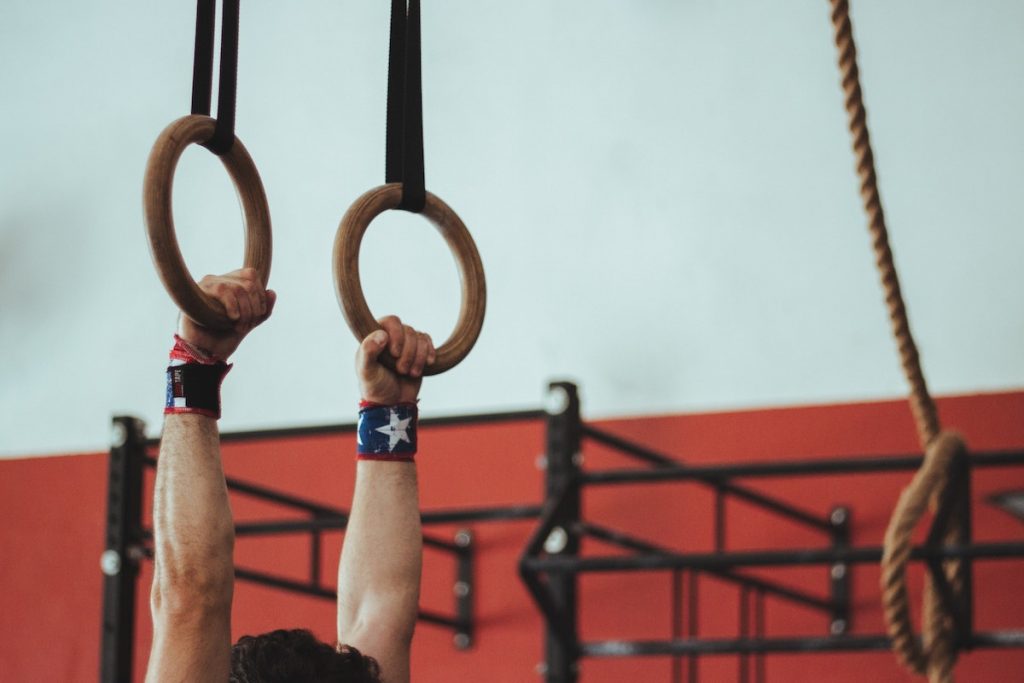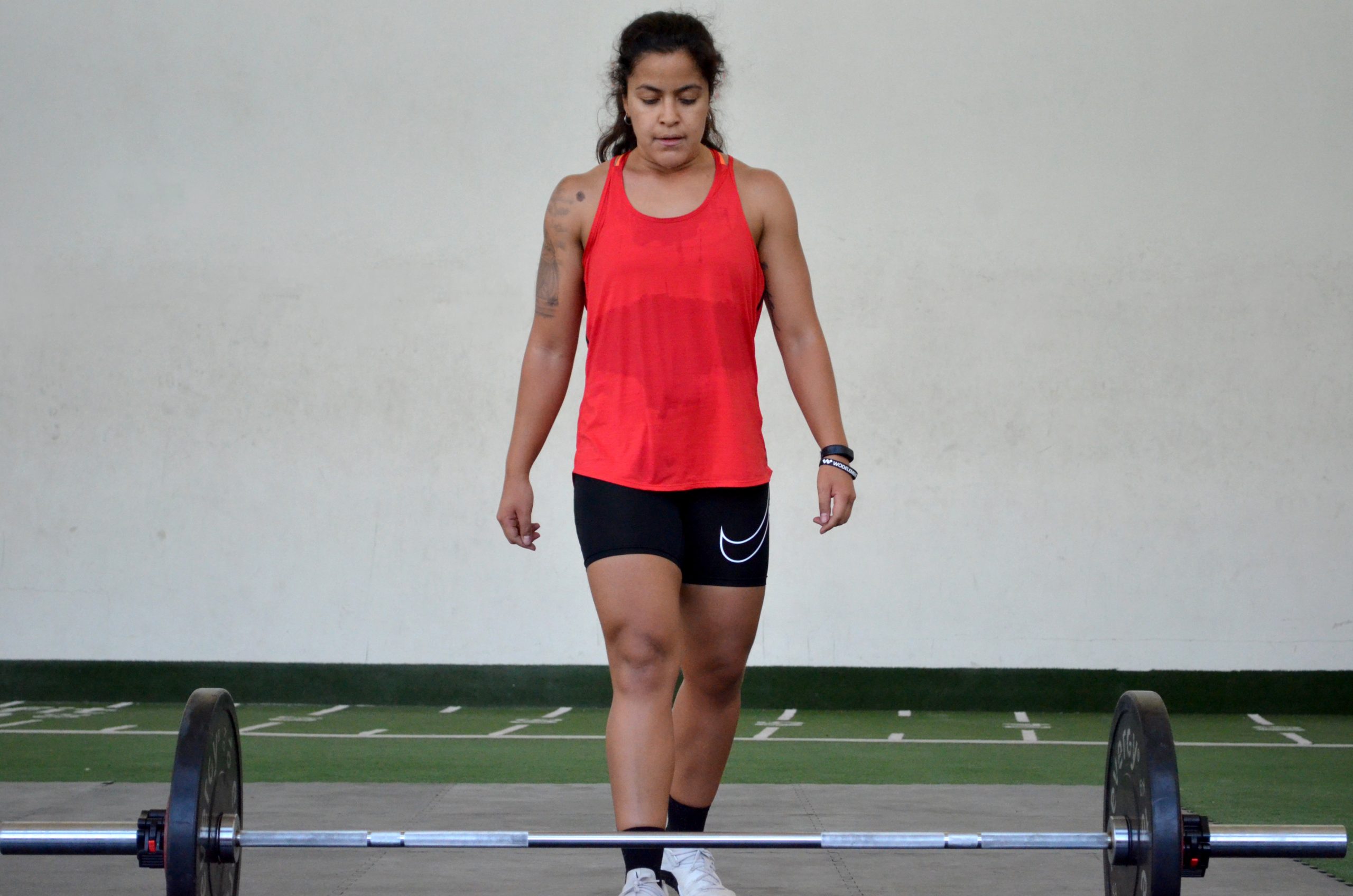Learning how to manage expectations
Ah, expectations… a very simple cognitive mechanism that can wreak havoc on our performance in sport and general well-being if it’s not properly managed. But before we jump into the deep end of the pool, we must cover the basics.
What to expect from expectation
Simply put, expectation is any prospect we hold for a future event. Its usefulness needs no explanation (but I’ll give it to you anyway); these sneaky forecasts influence other activities such as decision-making – which as you know from another article, is an ongoing process -.
How is that so? Well, we learn from situations that occur all around us and this content is selectively archived in our memory to provide information for the future. If my S.O. decides to cook for me, I know it’s going to be delicious thanks to past experience; if I were to cook myself, I’d know damn well the results wouldn’t be the same.
You expect traffic at certain times of the day, arguments with your boss when deadlines aren’t met or a poor score on Grace if you’re not too great at barbell cycling. These are things you’ve learned from previous experience and when the future presents itself with similar situations, expectations will help program your behavior accordingly.
Expectations, self confidence & sport performance
How do these expectations translate into the field of sports? They also exert a very, very heavy influence on other cognitive components (such as goal-setting or perceived control), on motivational processes and emotional states. So, learning to set the proper tone for our expectations is key for higher levels of performance.
In the never-ending quest for psychological variables linked to success, we find a large body of research that suggests that self-confidence best predicts outcome in sports (Craft, Magyar, Becker & Feltz, 2003). This is all nice and well, but how do we build self-confidence to that point? Using expectations, duh.
Ok fine, it’s not that obvious – and it’s definitely not easy – but if I take one more look at how expectations are generated, a question comes to mind: what if I «create» successful experiences to facilitate positive future expectations and, consequently, build my self-confidence?

Hold on for a second. I think I’m going the simplistic route and in psychology, that’s rarely the way to go. Expectations may depend on goals and past experience but there’s a few variables that cast their own shadow onto the process. Let’s just consider our memory; easily the most relied on from all our basic processes and it’s proven to be a straight out liar. Not because it responds to some mischievous alter ego but because it’s an active storage system, meaning it receives interference from other stored information, from our personality, our belief system and so on.
Therefore, our memory is tainted with who we are so it’s not like it passively stores your experience; it sprinkles it with your own individual differences. Expectations work in the same fashion. They’ll draw from past experience but its tendency towards negative or positive events will depend on our pessimistic or optimistic traits; their focus on the process or on an external outcome will stem from the direction of our motivation. So yeah, to know yourself is to know your expectations.

Self-confidence will be in charge of modulating our expectation. If we believe we have the abilities needed to perform the task and achieve the goal, our actual performance will feel the difference.
Take for instance Noah Ohlsen at Wodapalooza 2020. After winning «Shark Bait», he said he felt he was capable of winning the event (high volume of pistols and some swimming; it was a safe bet alright) so he went out and attacked it. As I’ve observed in him during the past years, this self-confidence is something he still struggles with, but is slowly building up. His recent experience at the 2020 CrossFit Games (silver medal and holding the top spot until the very end) may have served as a turning point in his career.
(on Shark Bait) «That was one where I knew I could send it and go for it, so I had to and it paid off.»
Noah Ohlsen, interviewed by Craig Richey after the event.
How do I manage expectations?
If you’ve made it here than you already know: boosting your self-confidence! Direct action on our expectation content may seem too gimmicky: imagine forcing yourself to say «yeah, I’m gonna crush this», while your inner and meaner self is giggling in a corner. Not too effective, right?
Self-confidence, on the other side, is more straight forward because what it needs is proof that we do indeed have the right toolbox for these tasks. There’s so much talk about working on your weaknesses and, this is extremely valuable in CrossFit, but so is knowing your strengths and being able to showcase them when it means the most.
Quick tips
- Self-confidence is built upon positive experiences. Try yourself in as many scenarios as you can come up with to stuff your psyche with happy instances.
- Set your own goals! For these to be effective they must be self-referenced, personalized and related to previous performances (Burton & Naylor, 2002) – the successful ones we were talking about -.
- DON’T neglect your strengths in favor of your weaknesses. Keep those tools sharp because you never know when you might need them.
- Burton D & Naylor S. (2002) The Jekyll/Hyde nature of goals: Revisiting and updating goal-setting research. In T Horn (Ed.), Advances in Sport Psychology. Champaign, IL: Human Kinetics. - Craft, L. L., Magyar, T. M., Becker, B. J. & Feltz, D. L. (2003). The relationship between the Competitive State Anxiety Inventory-2 and sport performance: a meta-analysis. Journal of Sport and Exercise Psychology, 25, 44-65 - Jones G.(1995) "More than just a game: Research developments and issues in competitive anxiety in sport." British Journal of Psychology, 86, 449-478. - Jones G & Hanton S. (1995) Interpretation of competitive anxiety symptoms and goal attainment expectations. Journal of Sport Exercise Psychology, 18, 144-157

